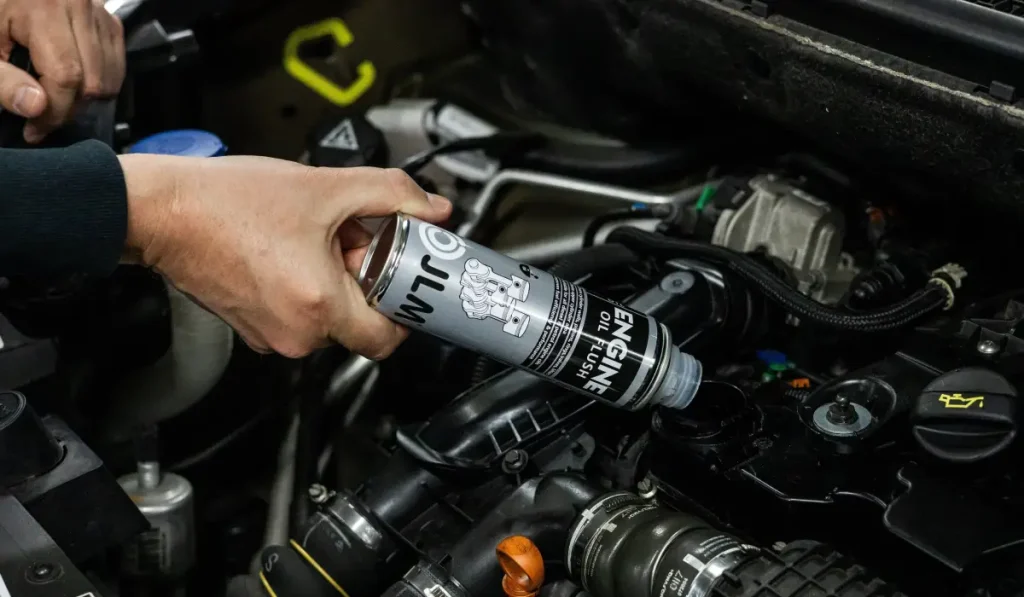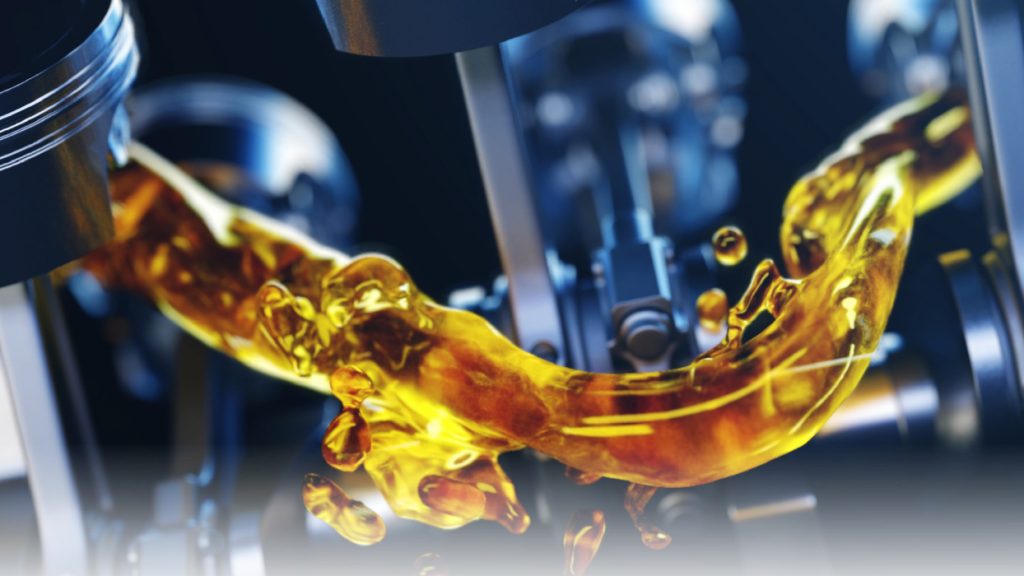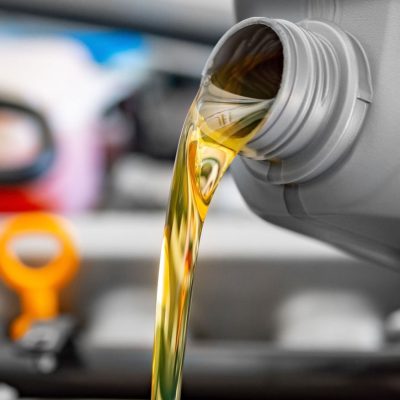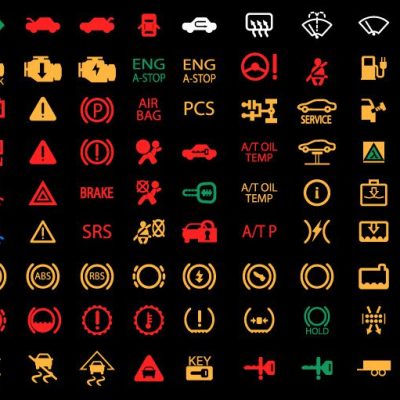Every now and then, while browsing an auto parts store or scrolling through online ads, you’ll encounter small bottles boasting big promises: “Boost your engine’s power!”, “Save fuel and cut emissions!”, or “Clean your fuel system for peak performance!” These tiny vials of fuel additives are marketed as the secret weapon for every driver’s car care arsenal. But behind the glossy packaging and bold claims lies a question every car enthusiast wonders: Do fuel additives really work, or are they just clever marketing gimmicks?
If you’ve ever been tempted to pour one of these potions into your gas tank but hesitated, buckle up. We’re taking a deep dive under the hood of fuel additives—how they work, when they help, and when they’re better left on the shelf.
What Exactly Are Fuel Additives?

At their core, fuel additives are chemical compounds formulated to be mixed with gasoline or diesel with the goal of enhancing engine performance, improving fuel economy, or keeping your fuel system clean. They come in various types, each targeting a different issue or improvement, such as:
- Octane boosters: These increase the fuel’s octane rating, helping to reduce engine knocking or pinging. Knocking can harm your engine’s efficiency and longevity.
- Fuel system cleaners: Designed to dissolve and remove carbon deposits that build up inside fuel injectors, intake valves, and combustion chambers.
- Fuel stabilizers: Help keep gasoline fresh during periods of storage, preventing it from breaking down and forming varnish or gum deposits.
- Anti-gel additives: Critical for diesel engines in cold climates; these prevent diesel fuel from gelling or crystallizing in freezing temperatures.
- Cetane improvers: For diesel engines, these additives help improve the combustion quality, making cold starts easier and reducing emissions.
The Science Behind Fuel Additives: How Do They Work?
Your engine is a complex orchestra of finely tuned parts, and the fuel you use plays a starring role. Over time, carbon deposits and contaminants form inside the fuel injectors and valves—like stubborn grime building up in your kitchen sink. These deposits disrupt fuel spray patterns, causing inefficient combustion, rough idling, decreased power, and reduced fuel economy.
Fuel system cleaners act like a heavy-duty detergent, breaking down and flushing out these deposits to restore smooth fuel flow and combustion. Octane boosters work by altering the chemical makeup of the fuel to raise its resistance to premature ignition, thus preventing knocking. Stabilizers chemically stabilize gasoline molecules, extending shelf life during storage.
When Fuel Additives Truly Deliver

1. Cleaning Dirty Fuel Systems
If you drive an older vehicle, use low-quality fuel, or notice symptoms like hesitation, rough idling, or sluggish acceleration, a high-quality fuel system cleaner can make a tangible difference. It helps dissolve carbon buildup that can clog injectors or valves, leading to restored performance.
2. Fuel Stabilization for Storage
If your vehicle or equipment sits unused for months—think seasonal toys, boats, or lawn mowers—gasoline can degrade, turning into varnish and sludge that gum up your engine. Adding a fuel stabilizer before storage preserves fuel integrity and makes starting easier when you get back on the road.
3. Diesel Engines in Cold Weather
Diesel fuel contains paraffin wax, which can crystallize and gel at low temperatures, clogging fuel filters and starving your engine. Anti-gel additives prevent this nightmare, ensuring reliable cold starts and smooth running.
The Marketing Hype: When to Be Wary
While fuel additives can help in certain cases, many claims are exaggerated or irrelevant for most drivers:
- Modern fuels already contain detergents: Most gasoline sold today is blended with additives mandated by government regulations, designed to keep engines clean. This means regular use of extra fuel system cleaners may offer little benefit.
- Octane boosters don’t boost power if your car doesn’t need it: If your car’s engine is designed for regular 87-octane fuel, adding a booster won’t magically give you more horsepower or better mileage. Only engines that require higher octane fuel benefit.
- Fuel economy claims are often overstated: While a cleaner fuel system can improve efficiency slightly, it won’t turn your car into a gas-sipping superhero overnight.
- No additive can fix mechanical issues: Problems like worn spark plugs, clogged air filters, or sensor failures require proper repairs, not magic liquids.
Signs You Might Need a Fuel Additive
- Your engine hesitates, stalls, or idles roughly.
- You notice a drop in fuel economy without an obvious reason.
- You frequently drive short trips, which can encourage carbon buildup.
- You’re prepping a vehicle for long-term storage.
- You live in an area with harsh winters and drive a diesel vehicle.
How to Choose and Use Fuel Additives Wisely
- Research your options: Stick to reputable brands with proven formulations and approvals from agencies like the EPA or recommendations from car manufacturers.
- Read product labels carefully: Make sure the additive suits your fuel type and vehicle.
- Use as directed: Overusing additives can sometimes do more harm than good, such as causing excessive detergent buildup or fuel dilution.
- Don’t rely on additives alone: Regular maintenance—oil changes, air filter replacements, spark plug checks—is your first line of defense.
The Bottom Line: Fuel Additives Are a Tool, Not a Cure-All

Fuel additives are like a specialized toolkit: they’re incredibly useful when you have the right job but won’t replace the basics of good car care. If your fuel system is clean and you use quality gasoline, additives probably won’t make a dramatic difference. But if you have a dirty system, store your vehicle long-term, or face cold winters in a diesel, they can be game-changers.
Think of fuel additives as performance boosters and cleaners, not miracle workers. Use them thoughtfully and in the right circumstances, and you’ll keep your engine happier, healthier, and more efficient for miles to come.
Final Thought: The Road to Engine Health Runs Through Smart Maintenance
At the end of the day, no magic bottle can substitute for attentive care. Regularly check your engine, follow maintenance schedules, use good fuel, and turn to fuel additives when conditions call for it. That’s the real secret to unlocking your car’s best performance—one mile at a time.










